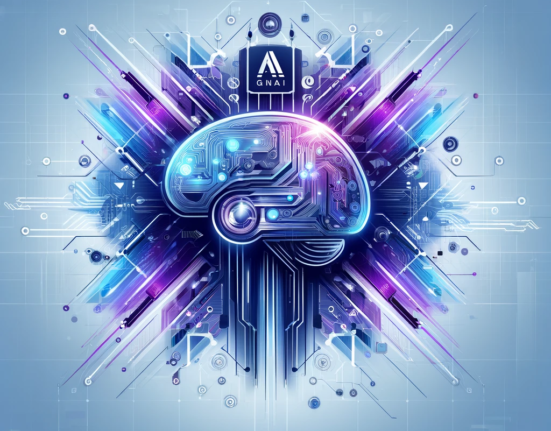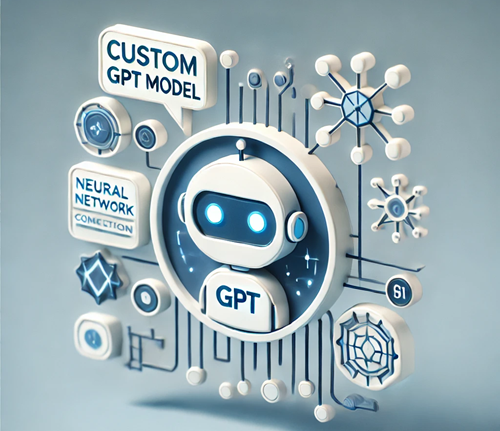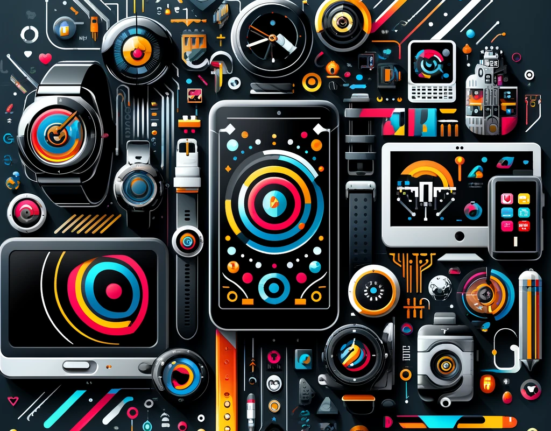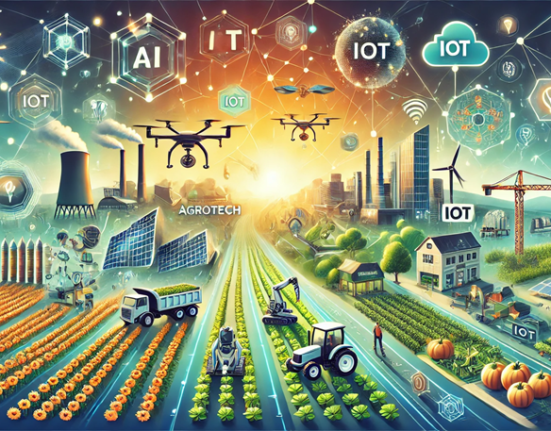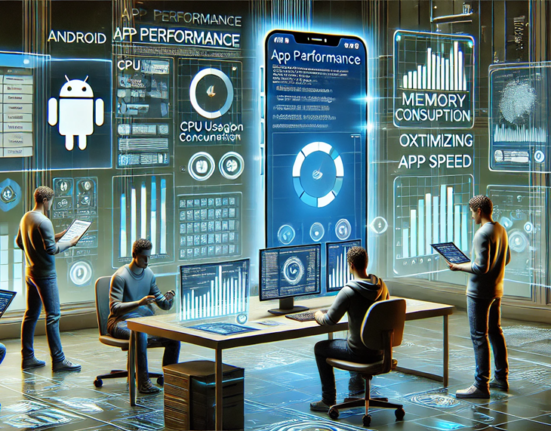Why Generative AI Chatbots Are Transforming Customer Support in 2025
We’ve come a long way from the days when chatbots could barely understand a greeting. Today’s generative AI chatbots for customer support aren’t just scripted responders—they’re intelligent, conversational, and capable of learning over time.
As someone who’s worked closely with digital transformation tools, I’ve seen firsthand how businesses—from startups to enterprises—are using AI-powered chatbots for customer engagement and workflow automation. And trust me, the right chatbot can save hours of manual effort and significantly boost your customer satisfaction scores.
Let’s break down some of the top AI chatbots that are redefining support and automation, and why now is the time to bring one into your tech stack.
Read this: Top Trends in Generative AI for 2025: What You Need to Know
1. ChatGPT (OpenAI): A Versatile Generative AI Chatbot for Businesses
You can’t talk about AI without mentioning ChatGPT, powered by OpenAI’s GPT-4o model. What makes it stand out is its natural language processing (NLP) and ability to deliver context-aware responses in real-time.
Key Features
- Understands complex queries and responds like a human
- Integrates with tools like Slack, Zapier, and CRM systems
- Custom GPTs available for industry-specific use cases
Best For Businesses seeking flexible customer support automation, internal knowledge assistants, or content generation tools.
✅ Pro Tip: If you’re just getting started, use ChatGPT to handle FAQs or pre-qualify customer queries before routing them to a human agent.
2. Google Gemini: AI Chatbot with Real-Time Web Access for Customer Insights
Google Gemini brings the power of Google Search into the chatbot experience. It’s an AI support assistant that excels in answering customer questions with real-time, web-sourced insights.
Key Features
- Pulls up-to-date info from the web
- Integrated with Google Workspace
- Multi-language and translation capabilities
Best For E-commerce brands, publishers, or SaaS tools that need live customer data and support tailored to market changes.
✅ Gemini is ideal when customers ask complex, research-based questions that traditional bots can’t answer.
3. Microsoft Copilot: AI Chatbot for Enterprise Automation & Support
Microsoft Copilot, integrated within tools like Word, Excel, and Teams, is a generative AI chatbot for enterprise support and productivity. While it’s not marketed as a traditional support bot, its capabilities make it a powerful internal assistant.
Key Features
- Generates responses, drafts, and summaries in Microsoft apps
- Context-aware—understands data across Microsoft 365
- Can act as an internal IT or HR support bot
Best For Medium to large businesses seeking internal automation and enterprise-level support tools.
✅ Copilot is a great addition if you’re already in the Microsoft ecosystem and want to enhance employee self-service.
4. Zendesk AI: Customer Service Chatbot Built for Scalability
If your team uses Zendesk, you’ll want to check out its AI-powered chatbot for customer service automation. Zendesk AI supports ticket deflection, smart routing, and multilingual support.
Key Features
- Seamless integration with Zendesk CRM and support suite
- Learns from ticket history to provide smarter replies
- Scalable from small teams to enterprise-level operations
Best For Support teams looking for a plug-and-play chatbot that fits into existing workflows.
✅ Use Zendesk AI to reduce ticket volume and free up human agents for more complex requests.
5. Intercom Fin AI: AI Customer Support Chatbot Built for Conversational Support
Intercom Fin AI is built with OpenAI’s tech and designed specifically for real-time customer support via chat. It’s great for SaaS and subscription-based businesses focused on high-touch user onboarding and retention.
Key Features
- Pulls knowledge from your help docs and website
- Highly customizable tone and style
- Prebuilt integrations with CRMs and messaging platforms
Best For SaaS companies, startups, and digital services offering personalized in-app support.
✅ I’ve seen teams cut support response time by half using Intercom Fin—and increase customer satisfaction while doing it.
6. Tidio Lyro: AI Chatbot for Small Businesses & Ecommerce Stores
If you’re a small business owner or run an online shop, Tidio Lyro offers a lightweight but powerful AI chatbot for automating customer support without the enterprise price tag.
Key Features
- Designed for Shopify, WordPress, and WooCommerce
- Automates responses to common order, shipping, and product queries
- Collects lead data and integrates with email marketing tools
Best For Ecommerce stores or local businesses looking for affordable and quick-to-launch chatbots.
✅ Tidio is perfect if you need a chatbot that’s up and running in a day—with little technical setup.
Choosing the Best AI Chatbot for Customer Support Automation
So, how do you choose the right one?
Here’s what I suggest you consider:
| Criteria | What to Look For |
|---|---|
| Use Case | Are you automating support, driving sales, or offering guidance? |
| Integration | Will it work with your current tools (CRM, Slack, email, etc.)? |
| Scalability | Can it grow with your business needs? |
| Customization | Can you train or tweak it to match your brand tone and policies? |
| Budget | Free tools are great for starting out, but paid tools scale better. |
Final Thoughts: The Future of AI Chatbots in Customer Experience
We’re no longer wondering if chatbots can help—we’re asking how much they can handle. And with generative AI for customer support, the answer is: quite a lot.
Whether you run a solo brand or lead a growing enterprise, there’s a chatbot that fits your workflow, your goals, and your budget.
From my experience, the real ROI comes when you pair these tools with a strong understanding of your customers. Let AI handle the repetitive tasks, and let your team focus on what they do best: building relationships, solving big problems, and driving innovation.

